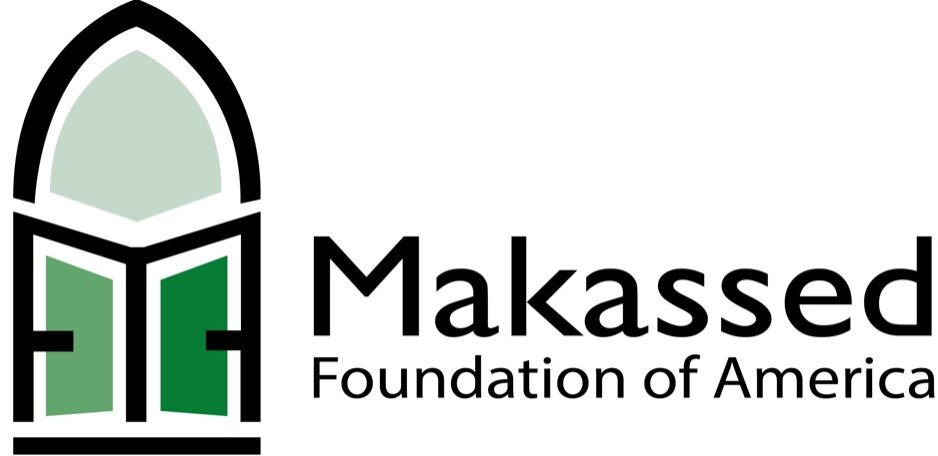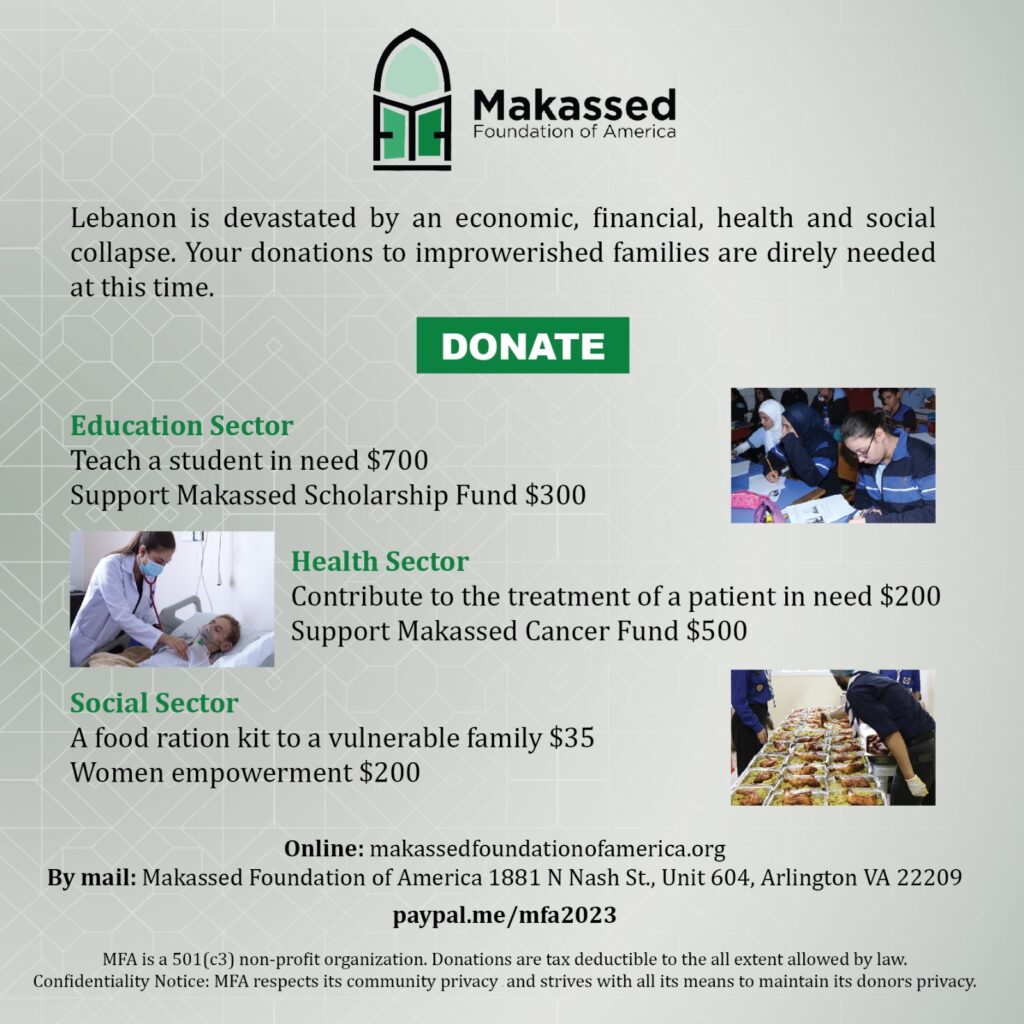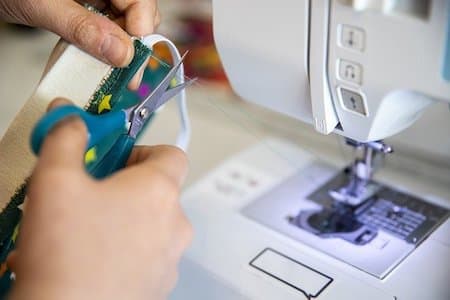


DONATE
Who We Serve
Health
Education
Social Services
About MFA
The makassed foundation of America (MFA) is a U.S . non. Profit(501)(c)(3) taxt exempt philanthropic organization created in 1999 to support the underprivileged communities in Lebanon
The Association seeks to incrase public awareness in the U.S about the social , medical , cultural, and environmental issues facing Lebanon, and to engage Americans in supporting MFA’s humanitarian projects.
with its office in Washington D.C and board membership spread throughout the U.S. , MFA act as a bridge between the people of America and the people of Lebanon.




